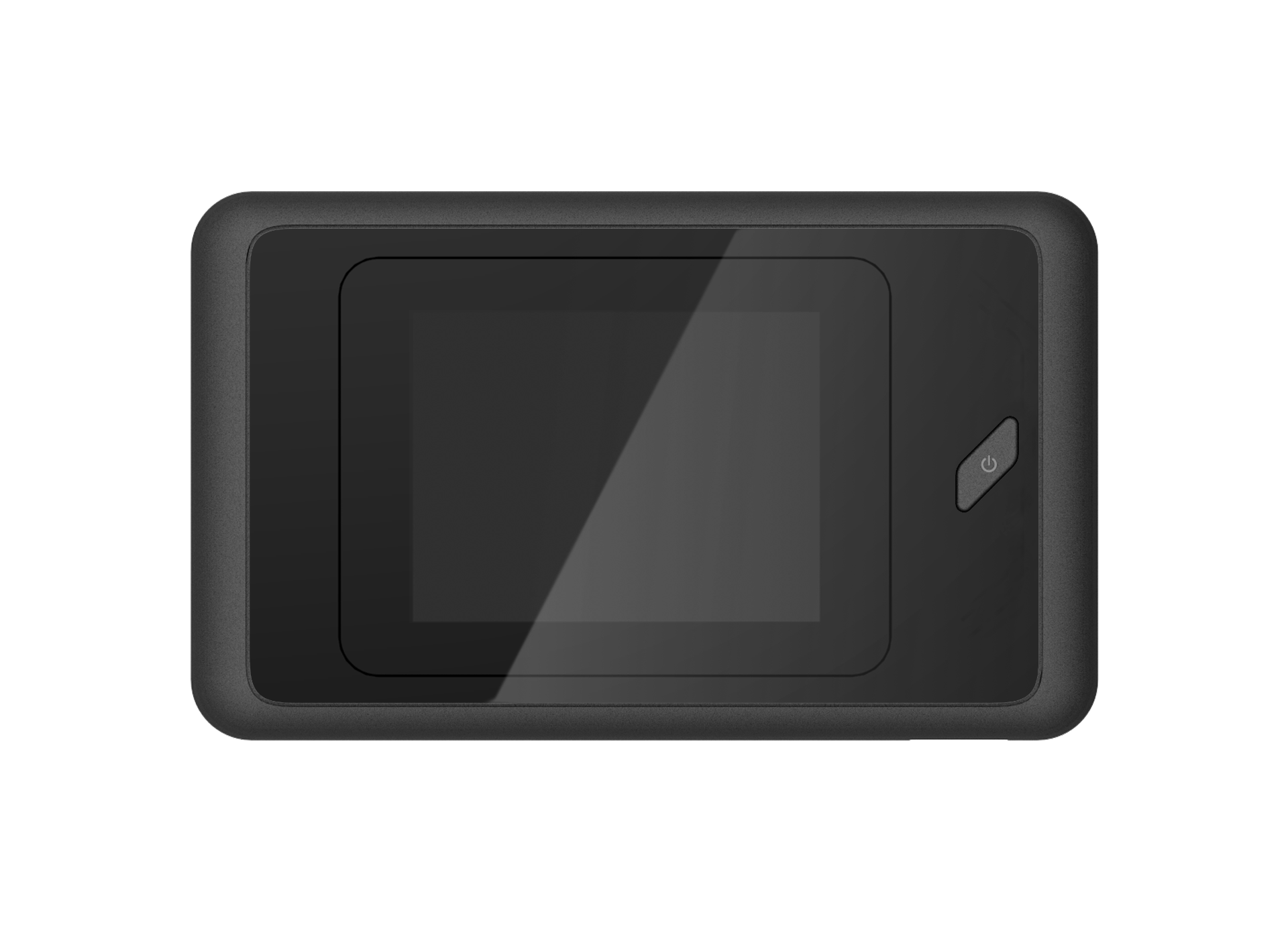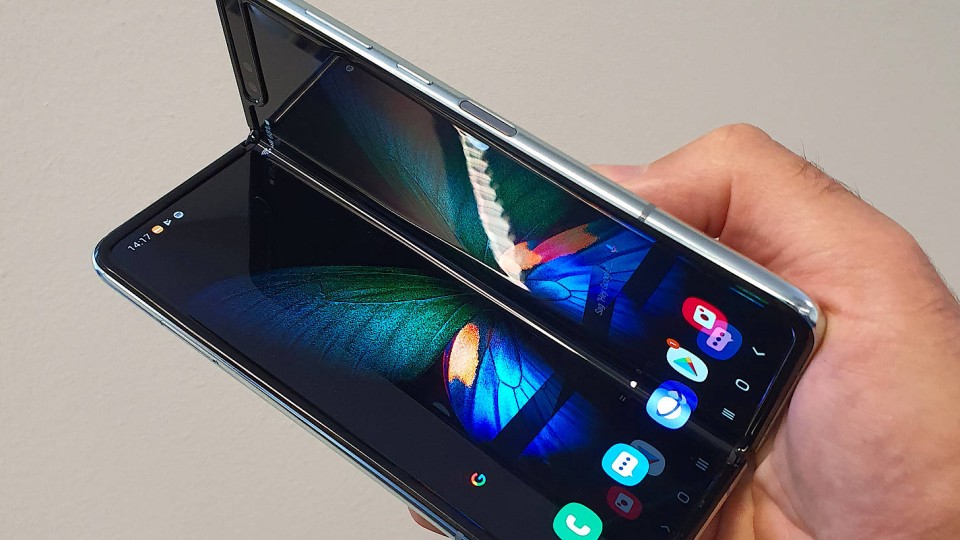
According to analysts, in 2020 the total global market for 5G technology will reach $ 2.7 trillion . This includes hardware, services, software, and infrastructure deployment. Gradually, more and more companies are involved in the development and implementation of 5G technologies. Some companies are more active than others, and others cannot do without the development of fifth-generation networks.
Which companies need 5G-sphere, who is more active than others?
Electronic Component Suppliers
Qualcomm

Source: venturebeat.com
Without this company, which owns about 15% of all technology patents related to 5G, you can not do without it. The company produces communication chips for PCs, laptops and mobile devices, as well as equipment. As far as you can understand, the 855 chipset, which was introduced in December 2018, is the standard for 5G technologies for smartphones.
The company has already begun production and production of 5G-chips. In addition, she is currently testing various fifth-generation systems, both for corporations and ordinary users, called Project Pentari. It works with 5G and uses a 3.5 GHz spectrum band. At the same time, the system does not spread the signal in all directions; instead, it sends focused signals (6.5 degrees) to these devices within a radius of about 1.3 km. As a result, one user receives a communication channel with a capacity from 750 Mbps to 3 Gbps.
In addition, Qualcomm is developing systems that will be used indoors and outdoors - at stadiums, airports, etc., where there is 5G coverage. The company’s interests also extend to the domestic and work sectors (we are talking about different types of communications for offices and homes), virtual reality, autotech, IoT and other areas.
But the main thing that Qualcomm gives is still fifth-generation communication chips, for example, Snapdragon X50 5G.
Huawei

The Chinese company has developed its own 5G platform, which is called Balong. It is divided into three different solutions, each of which is designed for different purposes. In particular, the Balong 5000 multi-mode 5G modem chip, made by 7 nm technology. Initially, the company planned to implement it in its folding Mate X phone, but then decided to use it in other devices, for example, the Mate 20X 5G.
The company uses its own solutions, but since it is one of the leaders among mobile device developers, its impact on the entire IT sphere, including 5G, is very strong.
MediaTek Inc.
Another Chinese company that is known as a provider of low-cost hardware solutions. Not so long ago, the first 5G modem of this manufacturer was introduced, which was called Helio M70. At the beginning of 2020, this modem will be integrated into the Cortex-A77 and Mali-G77 ARM platforms.
Unisoc, Skyworks, Qorvo
These two companies are relatively recent players in the network equipment market. In addition, they supply components for 5G solutions of their partners, including Samsung, Intel, MediaTek.
Relatively recently, Unisoc still introduced its own 5G modem, which was called IVY510, plus the 5G platform MAKALU.
Skyworks, Qorvo do not offer 5G chips; instead, they market elements for chips and platforms of other companies. The production of 5G microcircuits, platforms and equipment of other companies depends on their supplies, therefore their influence on the market is quite strong.
Network Equipment Suppliers
Nokia

The Finnish company did not sink into oblivion at all after the sale of its mobile unit and the cessation of the release of smartphones (although recently, the company began to return to the market by developing a new smartphone). On the contrary, it thrives, operating in a slightly different technological field - a supplier of network equipment that telecom operators need to deploy 5G infrastructure.
Nokia recently signed a $ 3.5 billion contract with T-Mobile, an American company. According to the agreement, the Finnish company will provide its 5G overseas partner with the latest generation equipment, as well as software and necessary services. All are from Nokia. At the moment, this is Nokia’s largest transaction, which, apparently, opens the door to concluding other billion-dollar transactions with other companies.
Ericsson
Another company whose name was previously heard by everyone. The Swedish telecommunications giant continues its B2B business, working most actively in the network equipment industry. It supplies 5G solutions for these for the four largest telecom operators in the USA, as well as for Vodafone UK, Swisscom, Telenor in Europe, KT and SK Telecom in South Korea, SoftBank in Japan, Telstra in Australia.
Samsung
The South Korean giant provides 5G base stations to South Korean carriers such as SK Telecom, KT and LG Uplus. The corporation also cooperates with partners in other countries.
Huawei
Before the trade war between the United States and China and the ban on Trump, the Chinese technology giant had every chance of supplying its network equipment to the whole world. But now, Huawei’s list of partners has declined slightly. Nevertheless, we are talking about billion-dollar contracts with China Telecom, China Mobile, China Unicom, LG Uplus in South Korea, Three and O2 in the UK, KPN in the Netherlands, MTS in Russia, VIVA Bahrain, Saudi Telecom, Etisalat in the Middle East.
Cisco, ZTE, Dell, Hewlett Packard Enterprise, Lenovo
Although these large companies have less influence on the 5G network equipment market than those indicated above, the configuration of the 5G business of individual corporations depends on them.
Zyxel
In early 2020, a Taiwanese company will immediately introduce three 5G devices. This is a pocket 5G router NR2101, home NR5101 and street NR7101. The devices will be built on the Qualcomm SDX55 chipset.



Mobile Providers
In the mobile gadget vendor industry, the situation is much clearer than in the chip and network equipment industries.
Samsung

The South Korean company is ahead of the rest. She already sells her 5G gadgets around the world, including, for example, the Galaxy S10 5G. This smartphone is offered to its customers by operators all over the world, in Europe, Asia, the USA and other regions. Other mobile devices with 5G have also been released or are planning to be released, which was repeatedly written on Habré.
It is worth noting that Samsung's 5G platform is a hybrid solution that consists of Samsung's Exynos 5G modem chip and Qualcomm systems - Snapdragon 855 + Snapdragon X50.
LG
Another South Korean company that supplies its own 5G-enabled smartphones. One such device is the LG V50 ThinQ 5G. As is the case with Samsung, phones with a fifth-generation chip are sold worldwide.
Huawei
The Chinese company has also been noted as a supplier of 5G devices. As mentioned above, Huawei offers customers two main devices with 5G, the Mate 20X 5G and the Mate X 5G.
OPPO, Xiaomi, OnePlus, Motorola, Lenovo
All these companies have their own mobile gadgets with a 5G chip. Some have already entered the market, some will be released soon.
Who is not on the list of 5G mobile device providers?
Surprisingly, there is no Apple, Google, HTC, Sony and some other large companies. Why? Apple and Google said that "the time for 5G smartphones has not come yet." They plan to release devices with support for fifth-generation networks next year. The rest have either no clear plans at all, or financial problems that make it impossible to plan the release of new devices.
In any case, 5G is actively developing - more and more companies are entering the market with certain offers. Everything goes to the point that 2020 will be the year of fifth-generation networks, when most models of new devices will work with 5G without problems. True, there is still the problem of re-equipping the existing mobile infrastructure with telecom operators. The process of switching to 5G is by no means a cheap pleasure. But this process has already begun, in the largest cities, including Moscow, 5G networks have either already been launched (the leader here, of course, is South Korea), or are working in test mode.
***
We invite you to a telegram chat dedicated to Zyxel network equipment.